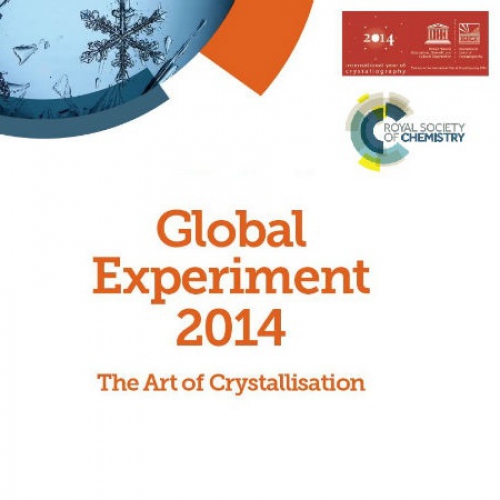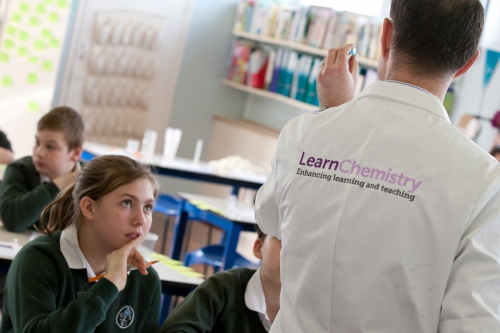It is my pleasure to share the latest experiment on Learn Chemistry: The Global Experiment 2014.
Due to high demand we have grown our Global Experiment portfolio. This year the
Global Experiment 2014 is themed
‘the art of crystallisation’.

By taking part you will get participants learning about dissolving, saturation and crystal growth. We have provided thorough
instruction packs,
lesson plans and a
‘how to video’ so we have made life as simple as possible when planning to take part.
The aim of the experiment is a compare your data with those around the world to see if there is a difference regionally or internationally in the size or shape of your crystals.
Taking part is simple as the experiment uses non-specialised equipment. It allows you to compare the difference between
five readily available samples. But don’t worry if you do have trouble sourcing all the samples you can still take part with less.
This year we really want to maximise the feeling of collaboration when taking part in the experiment and so have added several new features to the data posting page:
-
The ‘how to video’ now contains captions for international users
-
Twitter is retained so please tell us about your experiment
-
There is a new social media feature – a Pinterest carousel. So if you submit a picture along with your data you could feature on the RSC Global Experiment website. We hope to get lots of really artistic crystal images and happy participants
-
This year we really want to push to global nature of the experiment and so have teamed up with the International Union of Crystallography. Together and with this experiment we hope everyone can take part in the International year of crystallography.
Please take part and don’t forget to post your data to help make this another really successful Global Experiment.
Note the Global Experiment 2014 and 2013 will remain open to data posting for the foreseeable future so you can plan this into your lessons accordingly.
Please also regularly check the
Collaborative Chemistry website as we regularly update this page with other experiments and citizen science activities selected from around the Web to help you Learn Chemistry.

